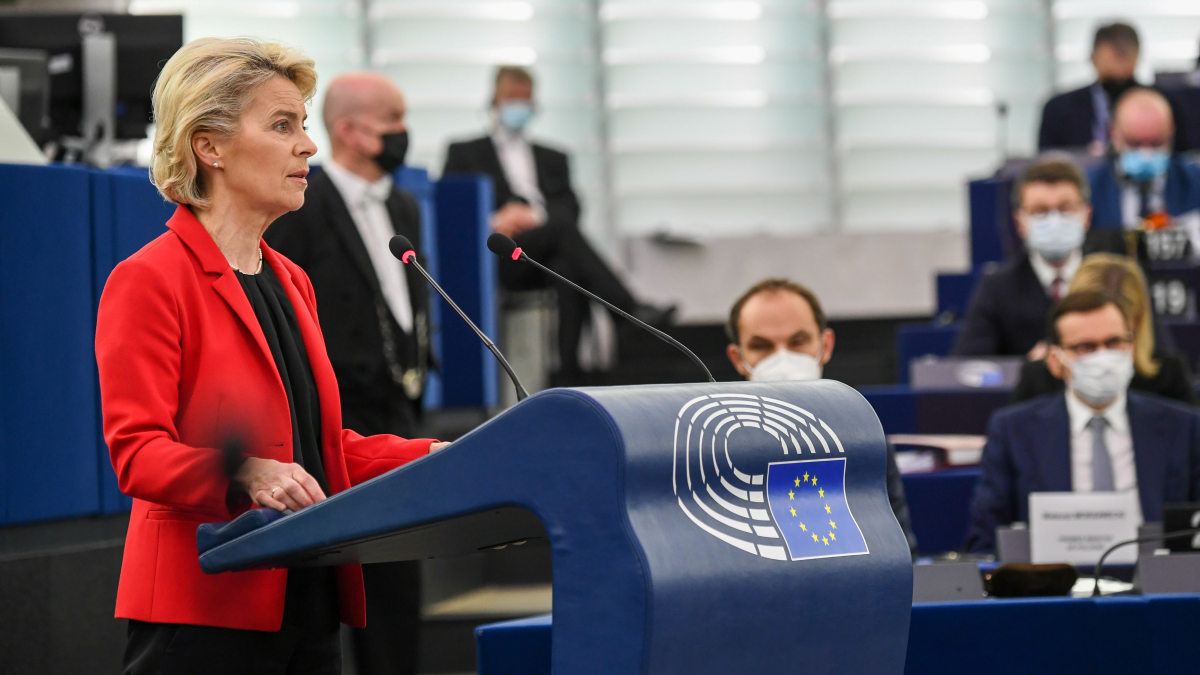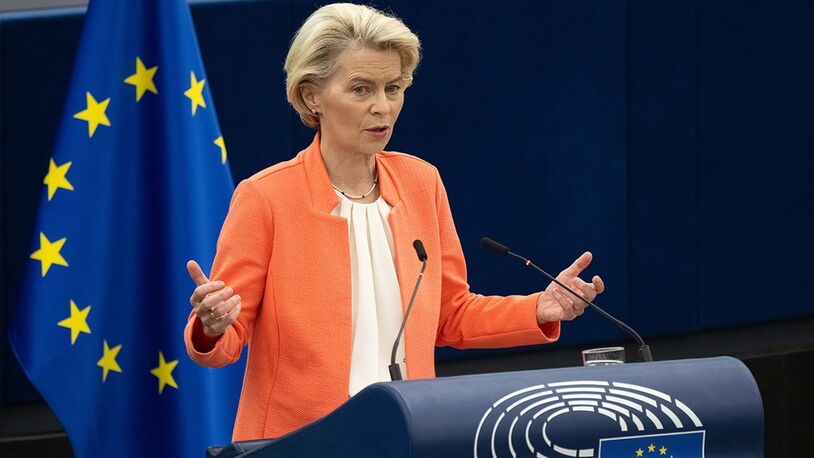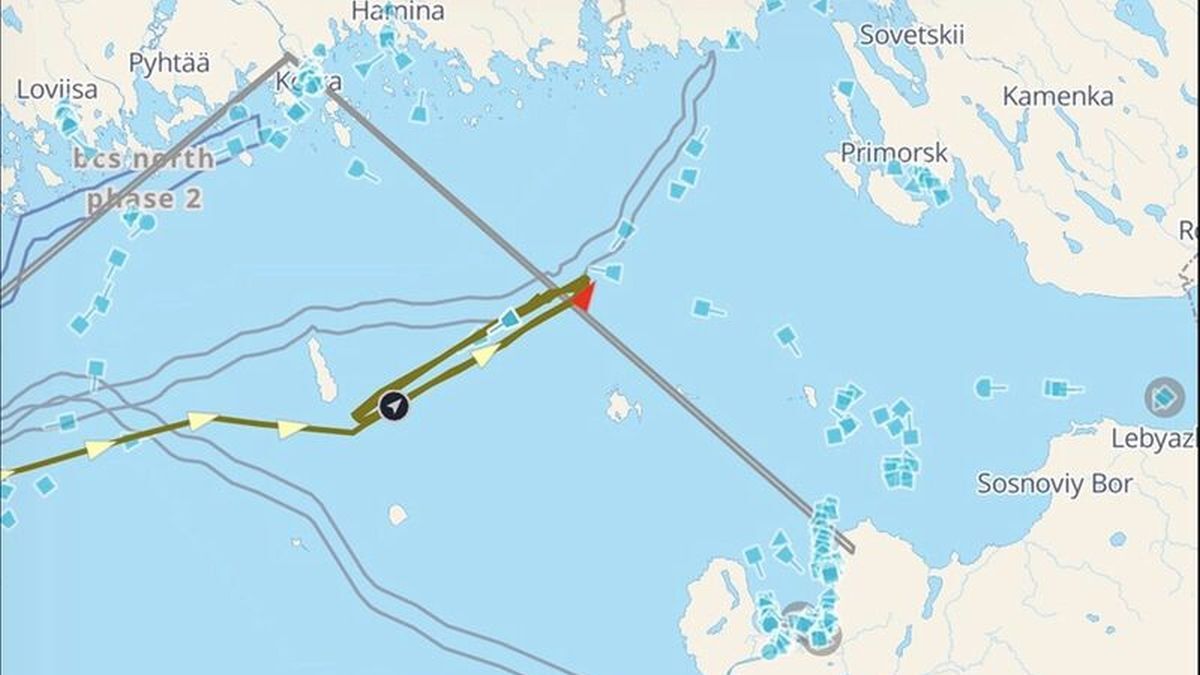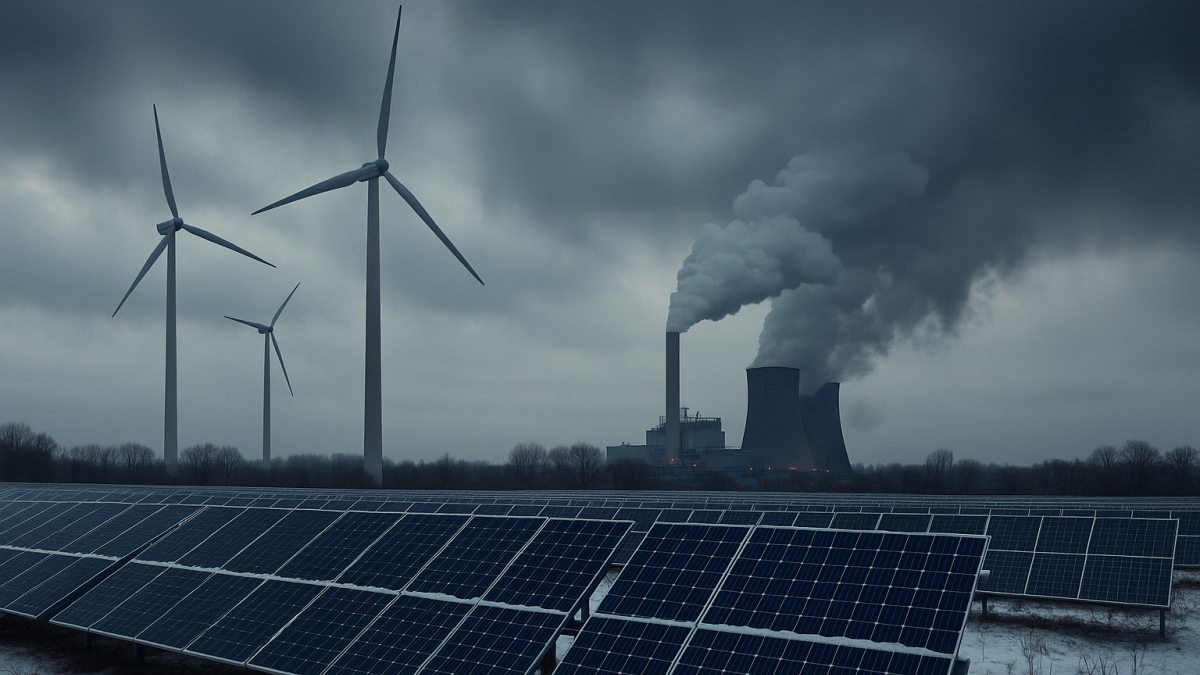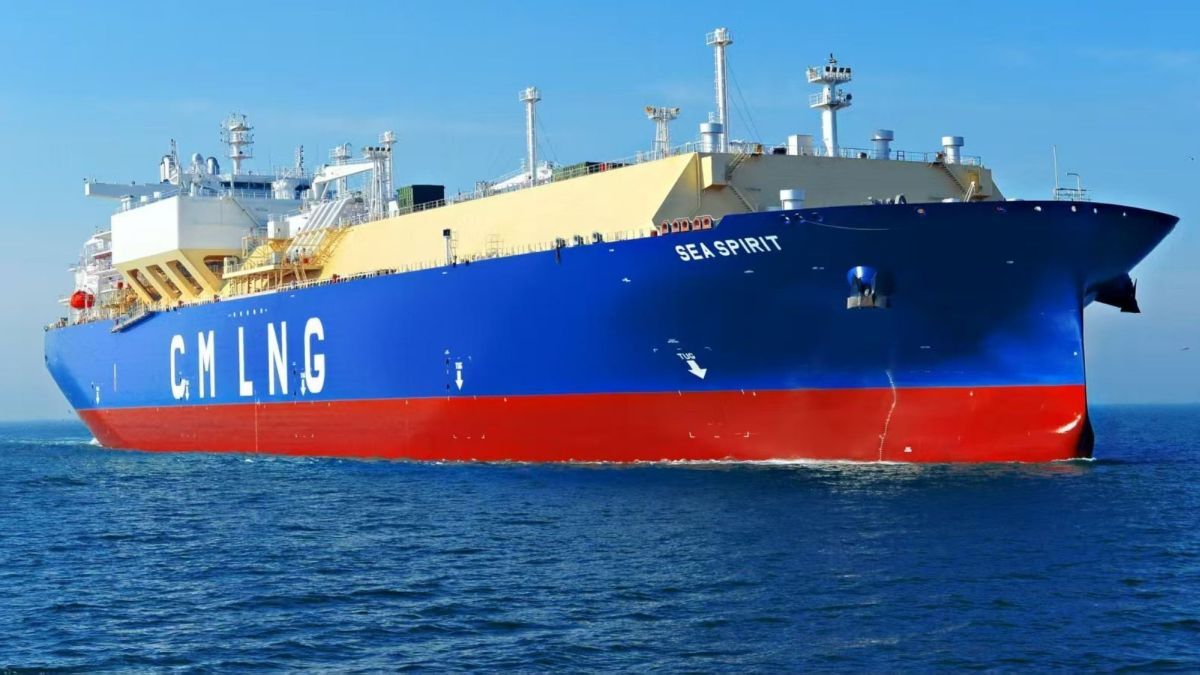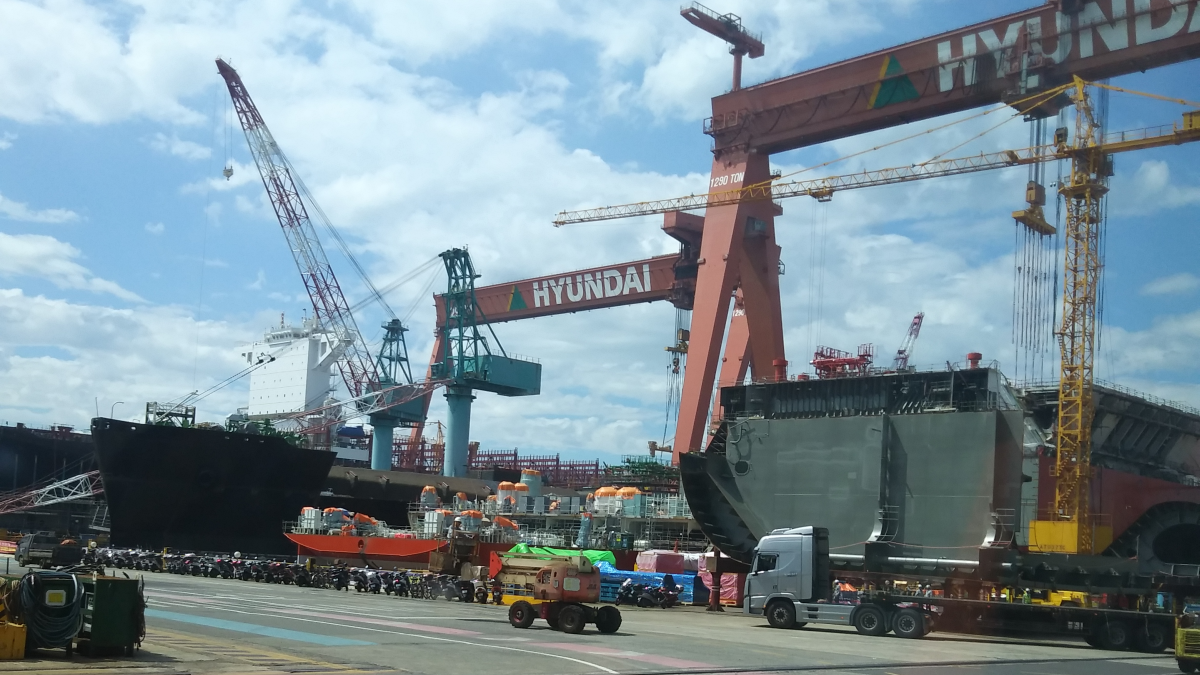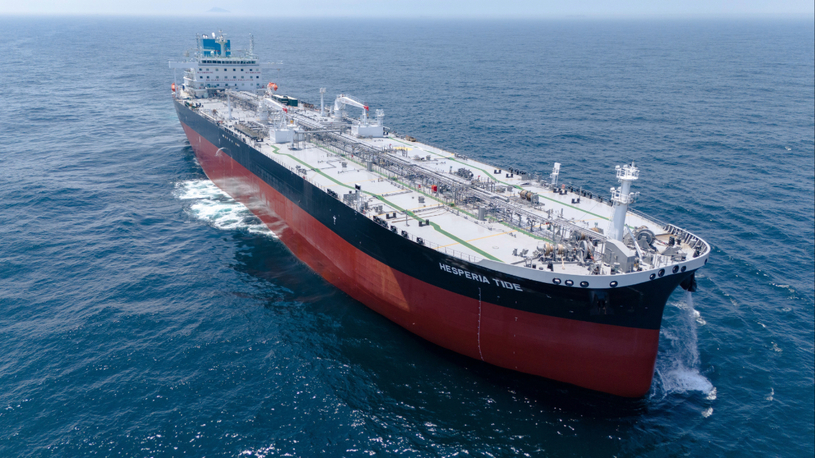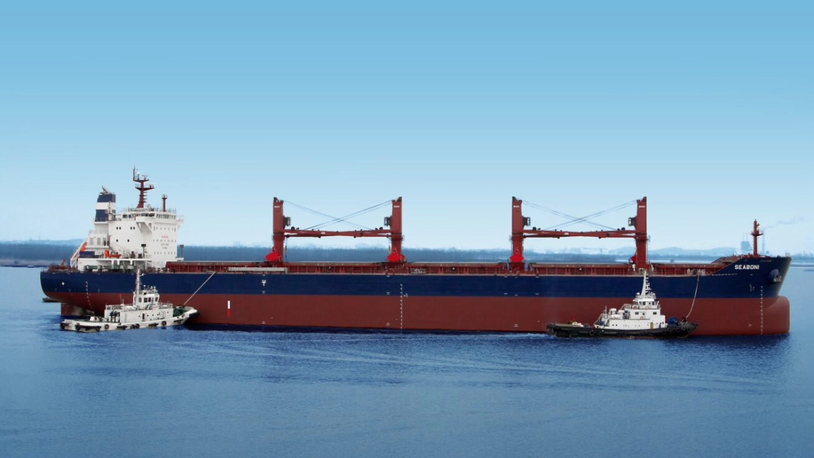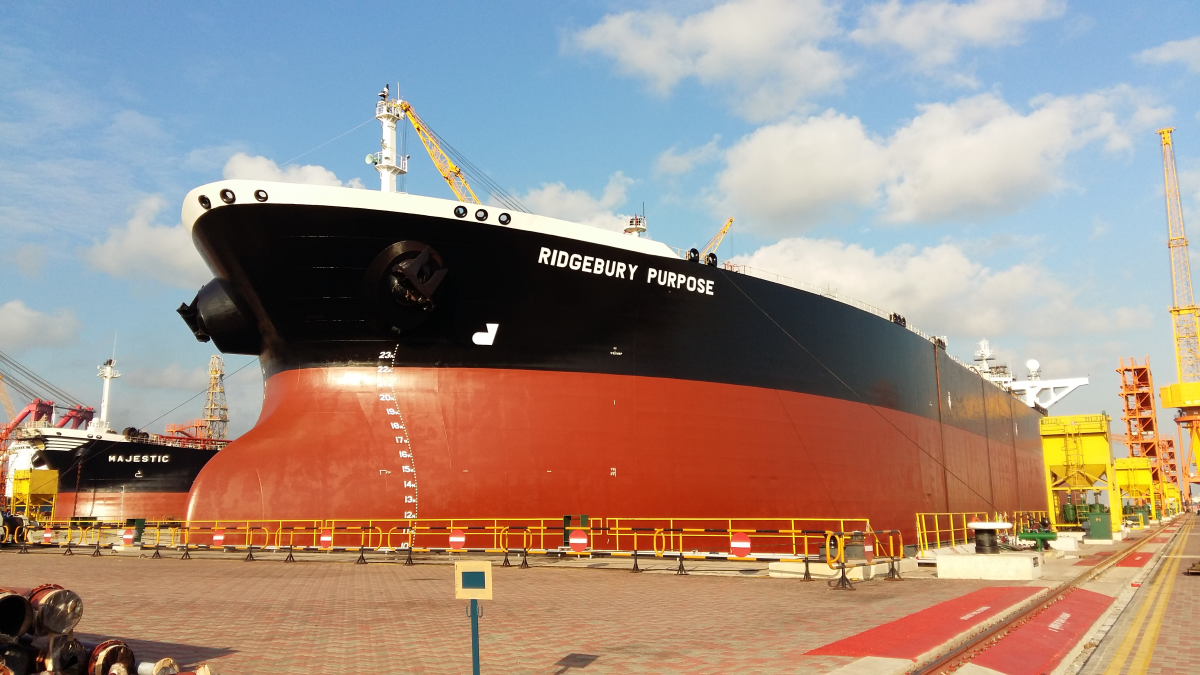Business Sectors
Events
Contents
EU proposes ban on Russian oil in new round of sanctions
EU Commission President Ursula von der Leyen said the bloc will "phase out Russian supply of crude oil within six months and refined products by the end of the year"
The EU’s propsed new measures were outlined in a speech for the European Parliament, published on the Commission’s website.
In the speech, President von der Leyen outlined four points in the EU’s sixth round of sanctions against Russia in response to Russian President Vladimir Putin’s ongoing attack on Ukraine.
"In the last sanctions package, we started with coal. Now we are addressing our dependency on Russian oil. Let us be clear: it will not be easy. Some member states are strongly dependent on Russian oil. But we simply have to work on it. We now propose a ban on Russian oil," President von der Leyen said.
"This will be a complete import ban on all Russian oil, seaborne and pipeline, crude and refined. We will make sure we phase out Russian oil in an orderly fashion, in a way that allows us and our partners to secure alternative supply routes and minimises the impact on global markets."
President von der Leyen said the bloc would phase out Russian crude within six months and refined products by the end of the year.
- New EU sanctions against Russia to include port ban
- UK closes ports to Russian vessels; EU resolution calls for broader ban
- EU to double-down on renewables and hydrogen, diversify to rid itself of Russian gas
- Russia sanctions: why shipping companies are likelier targets than oil and gas
- New UK sanctions hit Sovcomflot, Gazprombank
- Sanctions, SWIFT ban threaten Russian LNG sector
Citing the upcoming 72nd Europe Day on 9 May, the anniversary of the 1950 ’Schuman declaration’ that set out French foreign minister Robert Schuman’s proposal for the creation of a European coal and steel community, the first of a series of supranational European institutions that would ultimately become today’s European Union, President von der Leyen said "the future of the European Union is also written in Ukraine".
"They are fighting to reaffirm basic ideas: that they are the master of their own future – and not some foreign leader. That it is the international law that counts and not the right of might. And that Putin must pay a high price for his brutal aggression."
President von der Leyen said the sixth round of EU sanctions against Russia would include high-ranking military officers and other individuals "who committed war crimes in Bucha and who are responsible for the inhuman siege of the city of Mariupol".
"We know who you are, and you will be held accountable," she said.
Three Russian banks are being blocked from SWIFT, including Sberbank, Russia’s largest bank. The sanctions are also banning three state-owned Russian broadcasters from being shown in EU markets including dissemination of content through cable, satellite, internet or smartphone apps.
Alongside sanctions, President von der Leyen proposed a raft of financial assistance for Ukraine which include suggested short-term and long-term measures for consideration by the European Parliament as well as a call for the parliament to build an economic aid package for post-war reconstruction of Ukraine that economists are currently, as Russia continues to bombard the country, estimating at several hundred billion euros.
Thus far, the EU is supplying direct support to Ukrainian Government budgets and has proposed a suspension of import duties on all Ukrainian imports to the EU for a year, a move which President von der Leyen said needed to be amplified with further economic support.
"I am sure the European Parliament will put its weight behind this idea. But this is not enough for the short-term relief. Ukraine’s GDP is expected to fall by 30% to 50% this year alone. And the IMF estimates that, from May on, Ukraine needs €5.0Bn (US$5.3Bn) each month, plain and simply, to keep the country running, paying pensions, salaries and basic services. We have to support them, but we cannot do it alone. I welcome that the United States announced massive budgetary support. And we, as Team Europe, will also do our share."
At the end of April, US President Joe Biden announced economic relief measures and sanctions that include a ban on Russian and Russia-linked vessels in US ports, following similar port bans in the UK and EU.
"That means no ship — no ship that sails under the Russian flag or that is owned or operated by Russian interests will be allowed to dock in a United States port or access our shores. None. None," President Biden said at the time.
The US president said the move is "another critical step" with partners in the European Union, the United Kingdom, and Canada and beyond "to deny Russia the benefits of the international economic system they so enjoyed in the past".
President Biden said the US Treasury had enacted further sanctions and related measures to enforce sanctions. The US Government has provided US$1Bn in support to Ukraine over the last two months, the president said.
Russia-operated vessels, with some exceptions, will be banned from EU ports, and the EU trading block will no longer import coal from Russia, cutting an estimated €4.0Bn (US$4.4Bn) per year from Russian coffers.
Announcing the sanctions, President von der Leyen said the "ban on Russian vessels and Russia-operated vessels from accessing EU ports" came in response to Russia’s "cruel and ruthless war" against Ukraine.
The UK announced a ban on Russia-linked vessels coming into its ports in early March but has been slow in setting out clear directions on how to implement the ban, pushing responsibility on to port authorities to identify and refuse vessels even when highly complex ownership structures can make isolating ties to Russian interests difficult.
The European Commission has proposed a draft plan to make Europe independent of Russian fossil fuels “well before 2030,” starting with gas, in light of Russia’s war in Ukraine.
The draft plan was announced in early March on the same day the US committed to a total embargo on Russian energy and the UK announced a phase-out of Russian oil and gas to be complete by the end of 2022.
Both US and UK imports of Russian energy supplies make up a far smaller percentage than those taken by the EU.
Related to this Story
Events
Offshore Support Journal Conference, Americas 2025
LNG Shipping & Terminals Conference 2025
Vessel Optimisation Webinar Week
© 2024 Riviera Maritime Media Ltd.


